
Varna Region: Bulgaria's Coastal Gem
Nestled along the beautiful Black Sea coast, the Varna Region is a treasure trove of history, culture, and natural beauty. This vibrant area combines ancient ruins, stunning beaches, and lively city life, making it a versatile destination for all types of travelers. The city of Varna, known as the 'Sea Capital of Bulgaria,' is the region's crown jewel. Wander through its charming streets, visit the impressive Varna Archaeological Museum, and marvel at the Roman Baths. The city also boasts a lively nightlife scene and a host of seaside restaurants serving delicious Bulgarian cuisine. Beyond the city, the Varna Region offers a wealth of natural attractions. The Golden Sands Nature Park is a must-see, with its sandy beaches, lush forests, and mineral springs. For a more tranquil experience, visit the quaint village of Kranevo or explore the rock formations at Pobiti Kamani, also known as the Stone Forest. Whether you're a history buff, a nature lover, or simply in search of relaxation, the Varna Region has something to offer. Its blend of cultural heritage, scenic beauty, and modern amenities ensures an enriching and enjoyable visit.
Local tips in Varna Region
- Visit in late spring or early autumn to avoid the summer crowds and enjoy milder weather.
- Use local transport options like buses and taxis to explore Varna and surrounding areas efficiently.
- Don't miss the Varna Archaeological Museum; it houses the oldest gold treasure in the world.
- Try the local seafood dishes at beachside restaurants for an authentic Bulgarian culinary experience.
- Pack comfortable walking shoes; many attractions are best explored on foot.
Varna Region: Bulgaria's Coastal Gem
Nestled along the beautiful Black Sea coast, the Varna Region is a treasure trove of history, culture, and natural beauty. This vibrant area combines ancient ruins, stunning beaches, and lively city life, making it a versatile destination for all types of travelers. The city of Varna, known as the 'Sea Capital of Bulgaria,' is the region's crown jewel. Wander through its charming streets, visit the impressive Varna Archaeological Museum, and marvel at the Roman Baths. The city also boasts a lively nightlife scene and a host of seaside restaurants serving delicious Bulgarian cuisine. Beyond the city, the Varna Region offers a wealth of natural attractions. The Golden Sands Nature Park is a must-see, with its sandy beaches, lush forests, and mineral springs. For a more tranquil experience, visit the quaint village of Kranevo or explore the rock formations at Pobiti Kamani, also known as the Stone Forest. Whether you're a history buff, a nature lover, or simply in search of relaxation, the Varna Region has something to offer. Its blend of cultural heritage, scenic beauty, and modern amenities ensures an enriching and enjoyable visit.
When is the best time to go to Varna Region?
Iconic landmarks you can’t miss
Sea Garden
Experience the lush landscapes and cultural treasures of Varna's Sea Garden, a stunning park that seamlessly blends nature and recreation along Bulgaria's beautiful coastline.
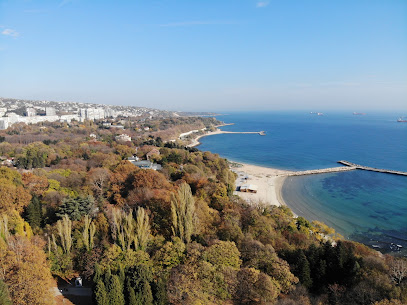
Dormition of the Mother of God Cathedral
Discover the stunning Dormition of the Mother of God Cathedral in Varna, Bulgaria, an architectural gem and cultural symbol of Orthodox faith.
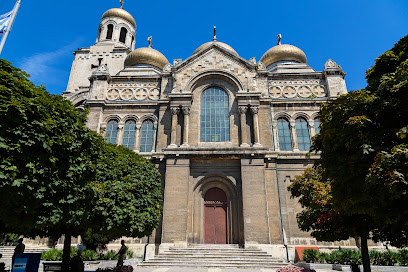
Retro Museum
Explore Bulgaria's past at the Retro Museum in Varna, where nostalgia meets history through captivating exhibits and vintage treasures.
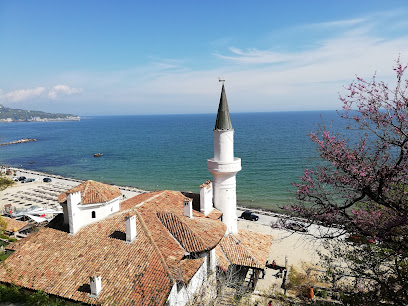
Aladzha Monastery
Discover a medieval cave monastery nestled in Bulgaria's Golden Sands Nature Park, offering a unique glimpse into monastic life and history.
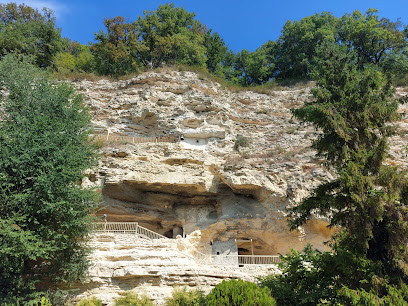
Asparuhov park
Explore the natural beauty of Asparuhov Park, Varna's urban oasis, featuring lush gardens, scenic paths, and stunning views of the Black Sea.
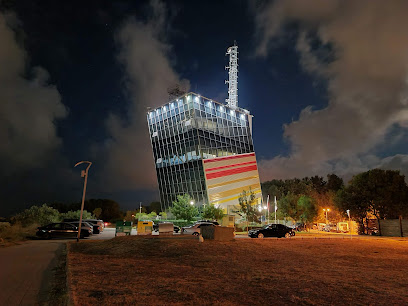
Archaeological Museum Varna
Explore Bulgaria's rich history at the Archaeological Museum Varna, home to the world's oldest gold artifacts and a treasure trove of ancient relics.
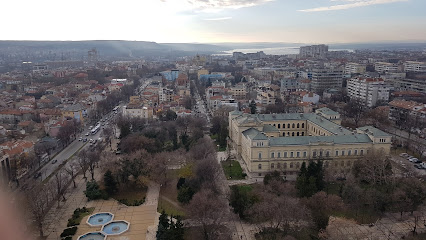
Roman Thermae Varna
Explore the ancient grandeur at Roman Thermae Varna, where history meets culture in the heart of Bulgaria's vibrant coastal city.
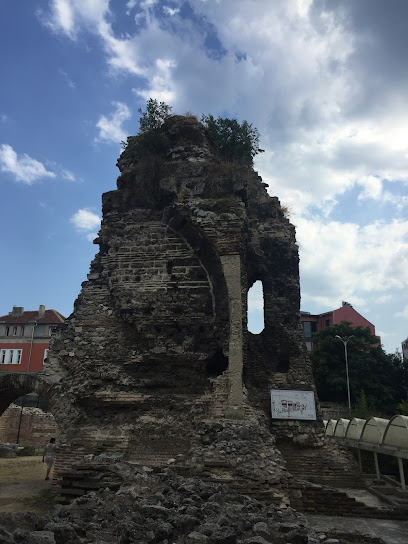
Monument of the Bulgarian-Soviet Friendship
Explore Bulgaria's rich history at the Monument of the Bulgarian-Soviet Friendship, a stunning landmark set in the scenic Primorski Park of Varna.
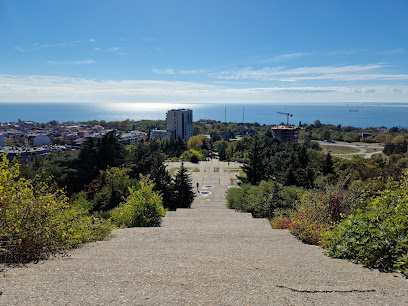
Wonderful rocks
Discover the stunning beauty of Wonderful Rocks in Provadia, Bulgaria – a must-visit destination for nature lovers and adventure seekers.
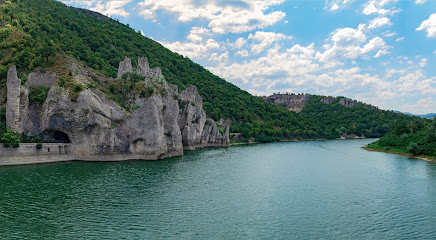
University Botanical Garden Ecopark Varna
Discover the beauty of nature at the University Botanical Garden Ecopark Varna, a serene oasis filled with diverse plant life and tranquil landscapes.
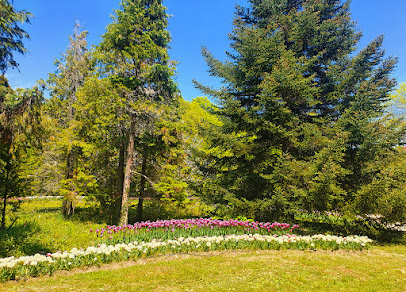
Cape Galata
Discover Cape Galata in Varna: Breathtaking Black Sea views, historical charm, and tranquil beaches await on Bulgaria's scenic coast.
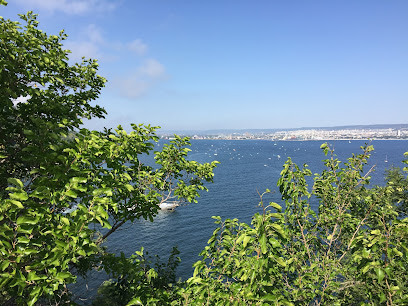
Butterfly House Varna
Explore the mesmerizing Butterfly House Varna, where hundreds of colorful butterflies thrive in a lush tropical paradise, perfect for nature lovers and families.
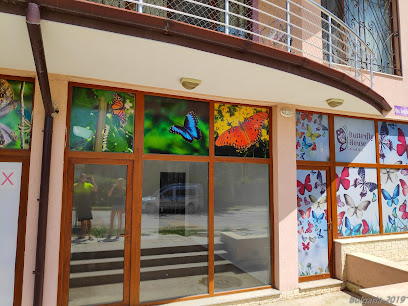
Clock Tower of Varna
Discover Varna's iconic Clock Tower: a historical landmark offering stunning views and a glimpse into the city's rich heritage and architectural beauty.
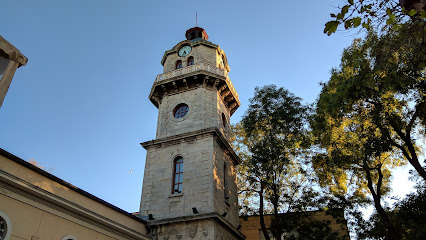
Varna Seaport Lighthouse
Explore the iconic Varna Seaport Lighthouse, a historic beacon offering breathtaking views of the Black Sea and a glimpse into Bulgaria's maritime heritage.
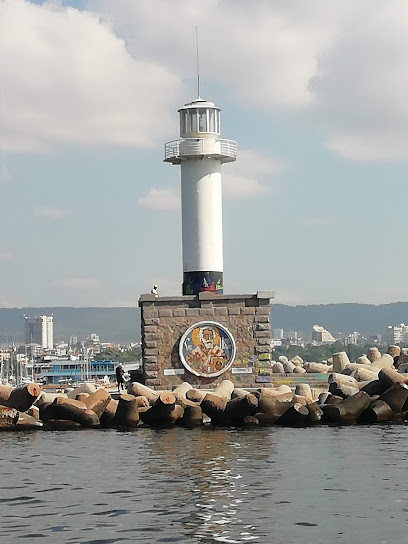
Park Museum „Vladislav Varnenchik“
Uncover Bulgaria's rich heritage at the Park Museum 'Vladislav Varnenchik' in Varna, where history comes alive through engaging exhibits and serene surroundings.
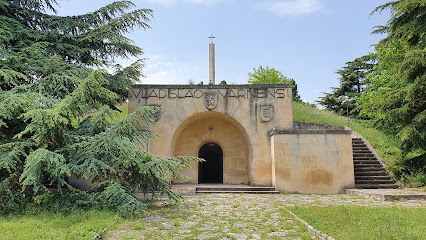
Unmissable attractions to see
Varna Zoo
Explore Varna Zoo, a hidden gem in Varna's Sea Garden, featuring diverse wildlife and educational experiences for the whole family.
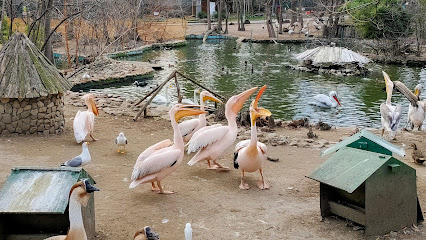
Wonderful rocks
Discover the breathtaking beauty of Bulgaria's Wonderful Rocks: towering limestone formations sculpted by nature, offering stunning views and outdoor adventures.
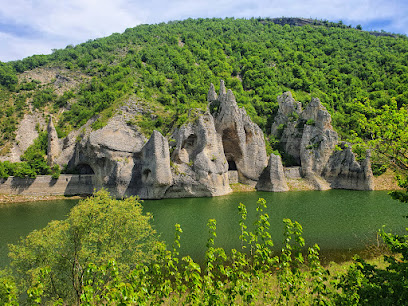
University Botanical Garden Ecopark Varna
Explore the University Botanical Garden Ecopark in Varna, a serene botanical haven showcasing diverse flora and peaceful landscapes for nature lovers.
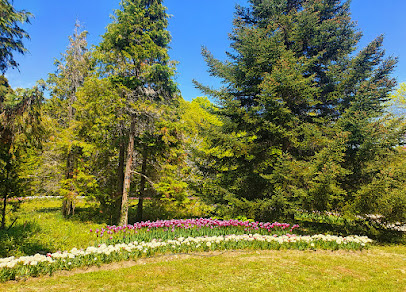
Saint Nicholas Church, Varna
Discover the serene beauty and maritime heritage of Varna's iconic Saint Nicholas Church, a tribute to the protector of sailors.
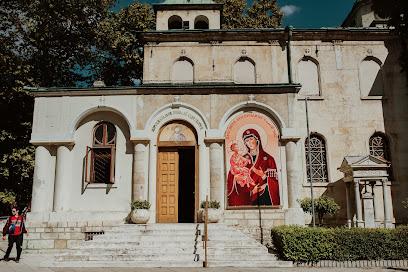
Butterfly House Varna
Explore the magical Butterfly House Varna, where vibrant butterflies and tropical plants create an enchanting escape in Saints Constantine and Helena.
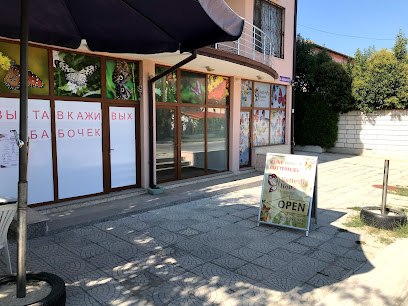
Clock Tower of Varna
Discover the Clock Tower of Varna, a historical landmark that embodies the cultural heritage and architectural beauty of Bulgaria's coastal gem.
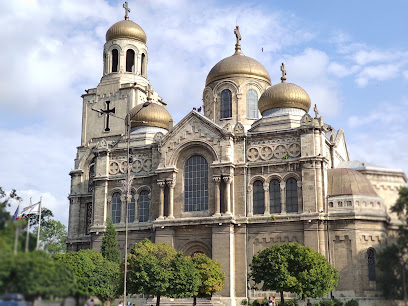
Varna Seaport Lighthouse
Explore the captivating Varna Seaport Lighthouse, a historical landmark offering stunning views and a glimpse into Bulgaria's rich maritime history.
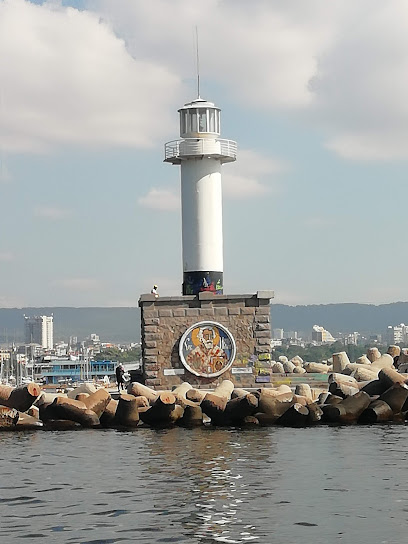
Public Astronomical Observatory and Planetarium ”Nicolaus Copernicus”
Unravel the mysteries of the universe at the Nicolaus Copernicus Observatory and Planetarium in Varna, Bulgaria, a must-visit for all astronomy enthusiasts.
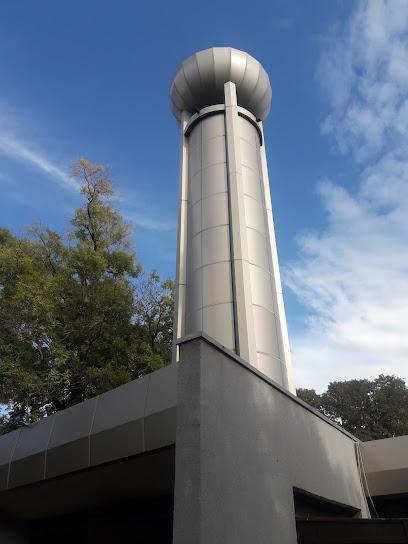
Pantheon
A solemn monument in Varna's Sea Garden honoring those who fought against fascism, featuring impressive sculptures and historical significance.
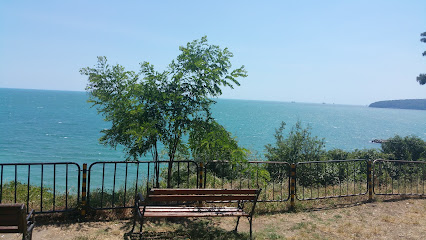
Crooked Tree Varna
Discover the enchanting Crooked Tree in Varna's Sea Garden, a symbol of resilience and natural beauty loved by locals and tourists alike.
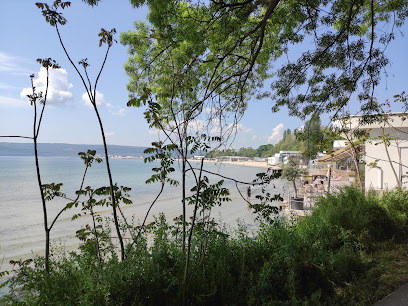
Sunset viewpoint (място за гледане на Залеза)
Experience enchanting sunsets and breathtaking views at the Sunset Viewpoint in Kazashko, a perfect escape for nature lovers and photographers.
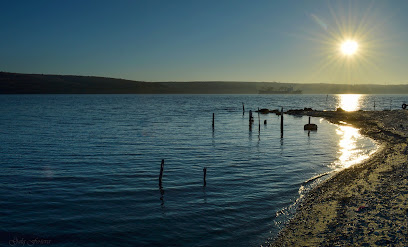
Essential places to dine
Happy Bar & Grill
Discover culinary excellence at Happy Bar & Grill in Varna's Sea Garden – where European flavors meet sushi delights in a stunning seaside setting.
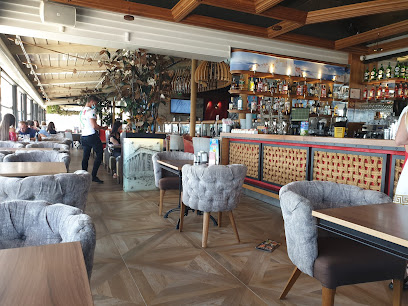
Staria Chinar - Port Varna
Experience authentic Bulgarian cuisine at Staria Chinar, where tradition meets modern dining by the scenic Port of Varna.
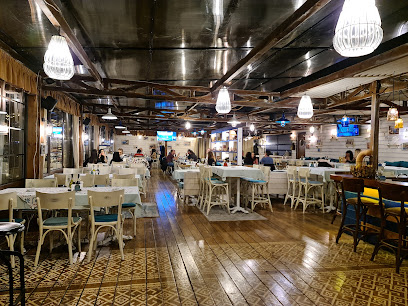
Staria Chinar Restaurant
Experience authentic Bulgarian flavors at Staria Chinar Restaurant in Varna - where tradition meets culinary excellence.
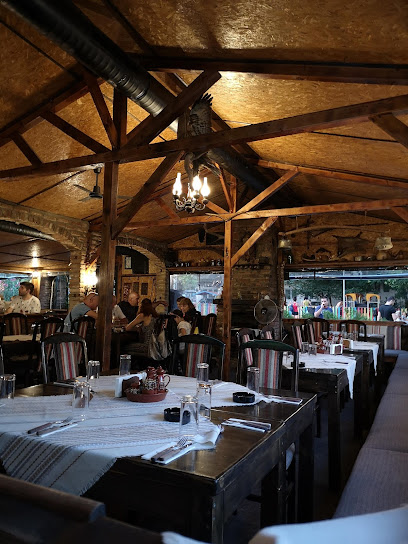
El Kapan
Experience exquisite cuisine and stunning seaside views at El Kapan in Varna - your gateway to authentic Bulgarian flavors.
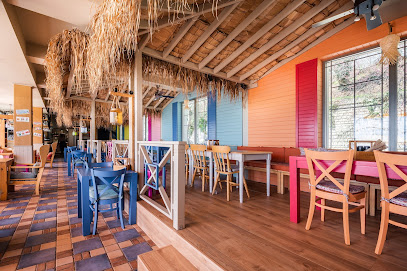
Nord
Discover authentic Bulgarian cuisine and fresh seafood at Nord in Varna - a culinary treasure along Bulgaria's stunning coastline.
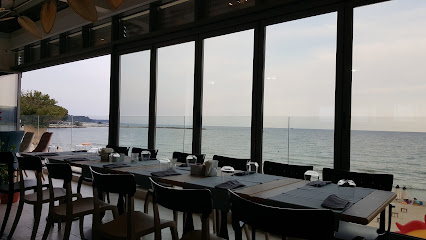
Staria Chinar Preslav
Experience authentic Bulgarian cuisine at Staria Chinar Preslav in Varna - where tradition meets flavor in every dish.
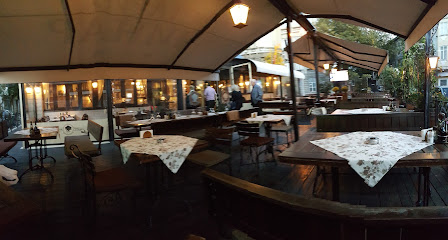
Alba
Experience authentic Bulgarian cuisine at Alba in Varna's Greek Neighborhood - where tradition meets modern dining excellence.
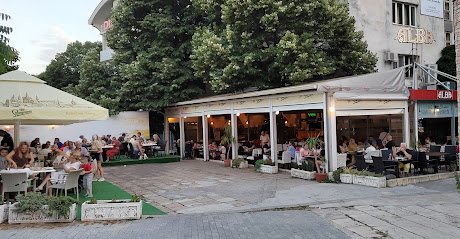
Морска тераса
Experience culinary excellence at Sea Terrace in Varna – where stunning sea views meet exquisite flavors in every dish.
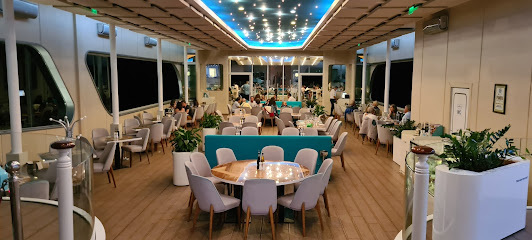
Mr Baba
Experience authentic Bulgarian flavors at Mr Baba in Varna - where culinary tradition meets vibrant atmosphere.
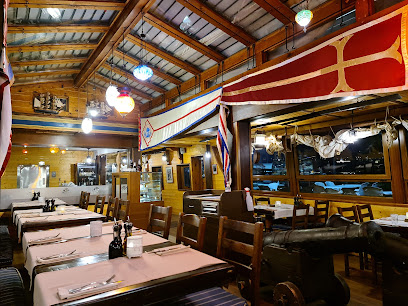
Stariya Chinar Cherno More
Experience authentic Bulgarian cuisine in Varna at Stariya Chinar Cherno More - family-friendly dining with delightful sweets.
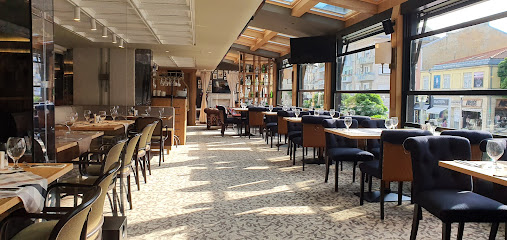
Captain Cook Varna
Experience exceptional seafood dining at Captain Cook Varna, where every dish is a celebration of fresh flavors and coastal charm.
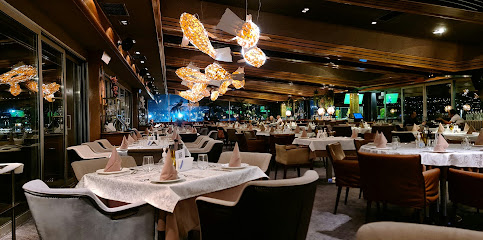
Orient Turkish Restaurant | Arabic Restaurant
Experience authentic Turkish cuisine at Orient Turkish Restaurant in Varna - where flavor meets tradition in every dish.
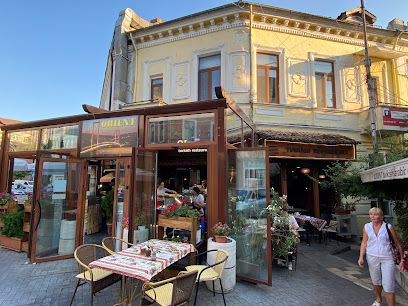
BM Gulf
Experience exquisite seafood dining at BM Gulf in Varna's Southern Beach—where Mediterranean flavors meet stunning coastal views.
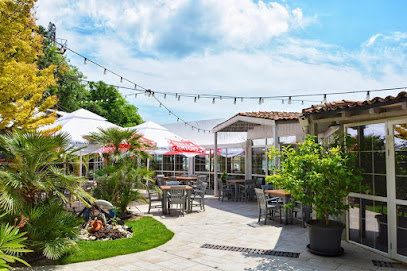
BM Olea
Experience authentic Mediterranean cuisine at BM Olea in Varna – a culinary delight that combines tradition with modern flair.
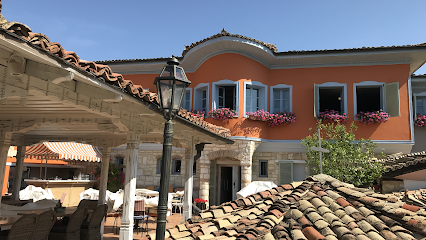
Marché Restaurant
Experience delightful European cuisine amidst the scenic beauty of Varna's Sea Garden at Marché Restaurant.
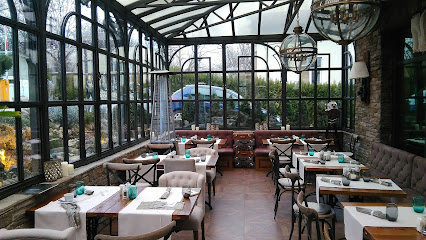
Markets, malls and hidden boutiques
Mall Varna EAD
Explore Mall Varna, a vibrant shopping hub in Bulgaria offering diverse stores, delectable dining, and exciting entertainment for every traveler.
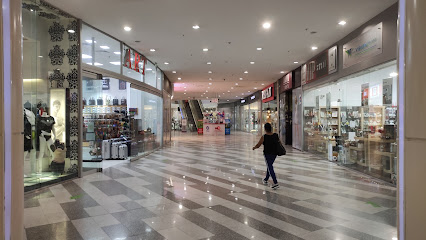
Delta Planet Mall
Explore Delta Planet Mall in Varna for a unique shopping and entertainment experience, featuring diverse brands, delightful dining, and exciting events.
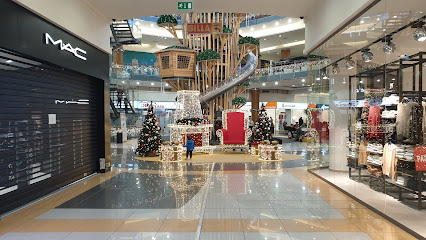
NEW YORKER
Explore the latest fashion trends at NEW YORKER in Varna, Bulgaria, where style meets affordability for men, women, and youth.
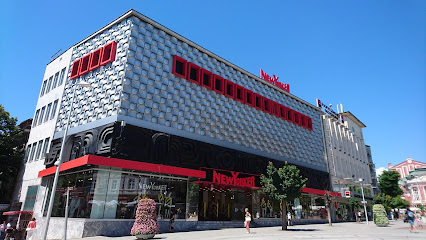
Grand Mall
Discover shopping, dining, and entertainment all in one place at Grand Mall Varna, the ultimate shopping experience in Bulgaria's beautiful coastal city.
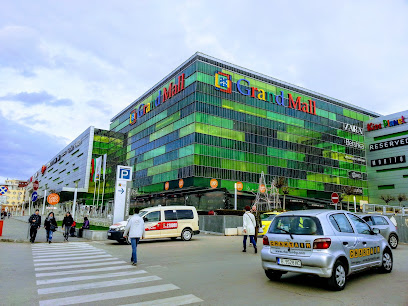
Jasmin Specialty Coffee Roastery I Пекарна за кафе Жасмин
Explore Varna's top coffee destination at Jasmin Specialty Coffee Roastery, where artful brewing meets delectable pastries in a cozy setting.
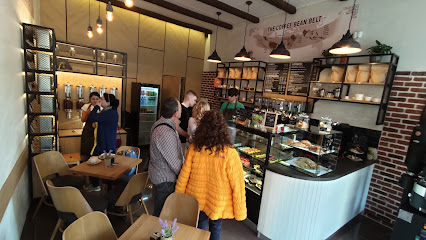
Duty Free Shop
Shop tax-free at Varna Duty Free Shop in Varna Airport for luxury goods, cosmetics, and local specialties at unbeatable prices.
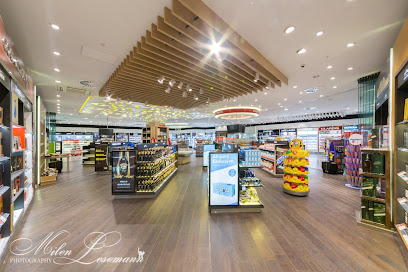
The Cube Mall
Discover shopping bliss at The Cube Mall in Varna, where fashion, dining, and entertainment come together for an unforgettable experience.
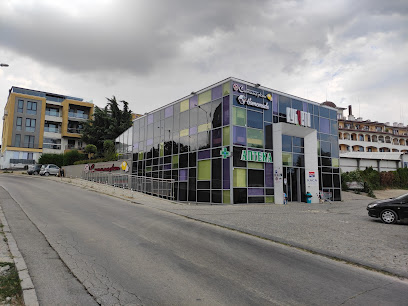
ОБЛАЧЕ.БГ / OBLACHE.BG
Explore Oblache.bg, Varna's premier gift shop, offering unique Bulgarian crafts and souvenirs that capture the essence of local culture.
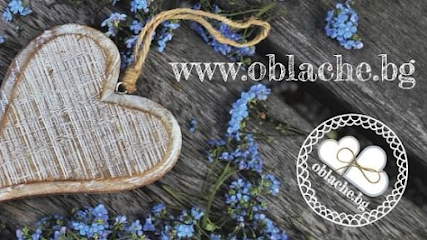
Homeland Bulgaria Ltd.
Explore Homeland Bulgaria Ltd. in Varna for a diverse range of home goods, appliances, and unique local products to enhance your lifestyle.
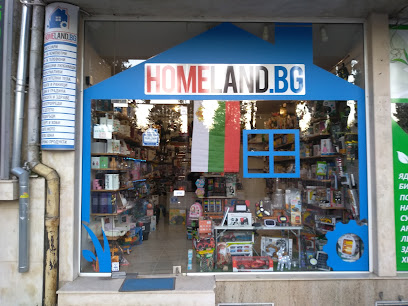
Jewelry shop and workshop
Discover exquisite handcrafted jewelry at Zlato Varna, a premier gold dealer and workshop in the heart of Varna, Bulgaria.
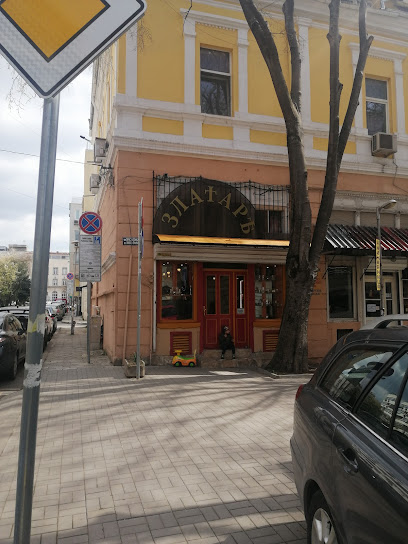
German Shopping Center
Explore the vibrant German Shopping Center in Varna - a fashion haven offering diverse clothing options and a taste of local culture.
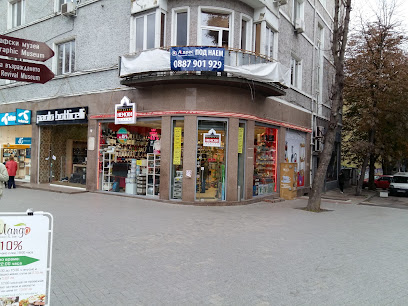
Аниме Магазин TomodachiBG
Explore the vibrant world of anime at TomodachiBG, Varna's premier toy store for collectors and fans alike.
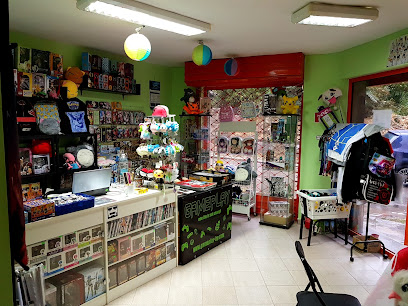
Bohotopia Varna Gift Shop - Магазин за Подаръци
Explore Bohotopia Varna Gift Shop for unique Bulgarian souvenirs and gifts that capture the spirit of Varna's rich culture.
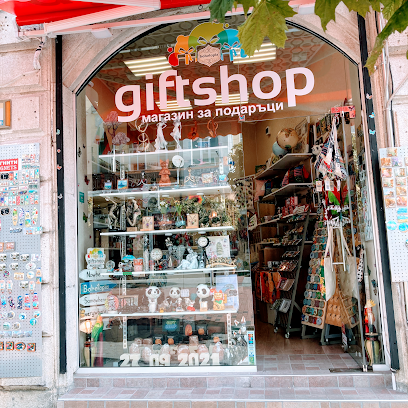
Sokoni Indian British Grocery Store Bulgaria Romania Greece
Explore a world of flavors at Sokoni Indian British Grocery Store, Varna's vibrant hub for authentic spices, health foods, and international culinary delights.

Варна
Explore the Varna Outlet Mall for unbeatable deals and a lively shopping atmosphere in Bulgaria's beautiful coastal city.
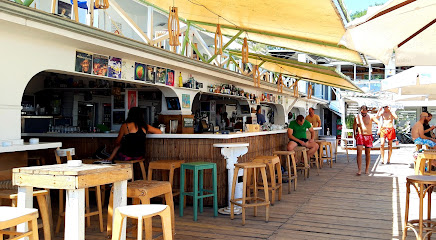
Essential bars & hidden hideouts
Cubo
Discover the vibrant beach bar scene at Cubo in Varna, where refreshing drinks and lively ambiance meet stunning seaside views.
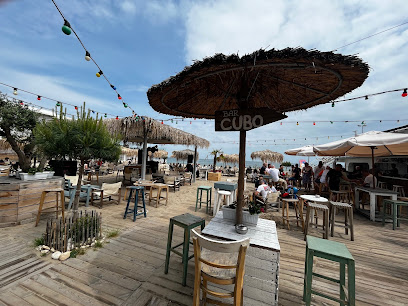
The Garden Bar
Discover a tranquil oasis in the heart of Varna at The Garden Bar, where lush surroundings meet a vibrant social scene, perfect for relaxation and enjoyment.
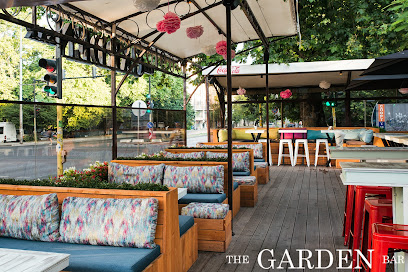
Beach Bar Menthol
Experience the vibrant atmosphere and stunning sunsets at Beach Bar Menthol in Varna, a perfect blend of relaxation and excitement by the sea.
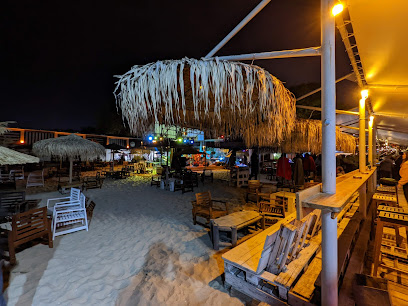
The Martini Food & Cocktails
Discover a vibrant culinary haven in Varna, where exquisite cocktails meet fine dining and fresh sushi in a stylish ambiance.
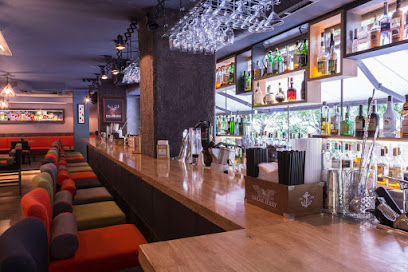
Craft Beer & Meat
Discover the perfect blend of craft beer and grilled delights at Craft Beer & Meat, Varna's premier grill restaurant.
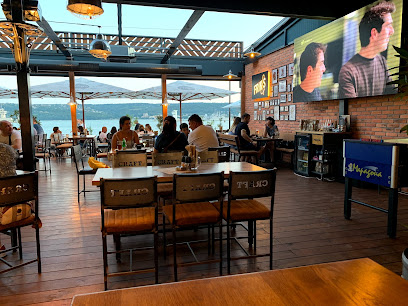
The Black Sheep Pub
Experience Varna's vibrant nightlife at The Black Sheep Pub, where local flavors meet a lively atmosphere for unforgettable nights.
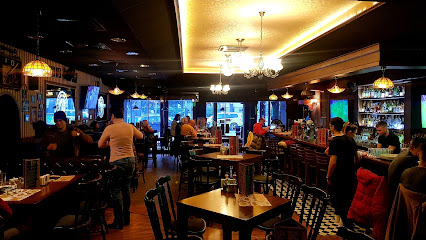
Sundogs
Experience the vibrant nightlife of Varna at Sundogs, a lively bar and grill offering delectable dishes and a welcoming atmosphere.
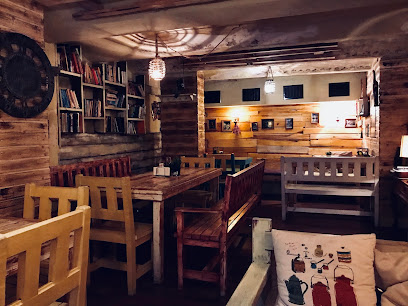
The BRICK bar
Experience the vibrant nightlife at The BRICK Bar in Varna, where great drinks and a lively atmosphere await you.
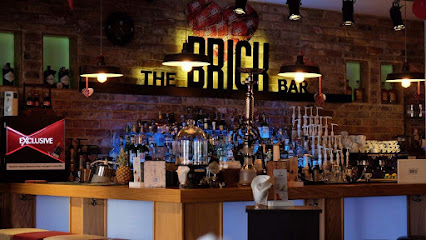
Bar PUNTA CANA
Unwind at Bar PUNTA CANA, where vibrant cocktails and live music create an unforgettable nightlife experience in Varna.
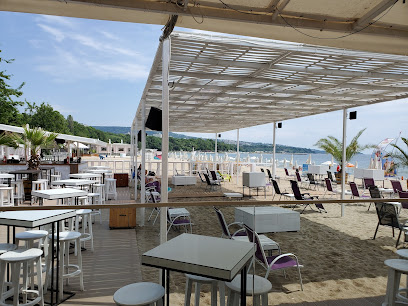
Bar de Rouge
Discover Bar de Rouge, a lively bar in Varna, offering exquisite drinks and a vibrant atmosphere perfect for every occasion.
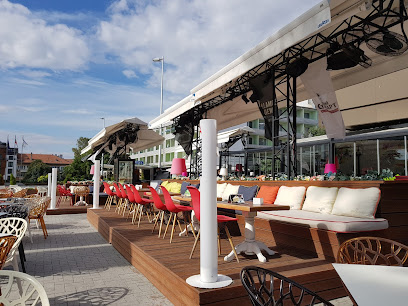
Cuba Beach Bar
Experience the vibrant atmosphere and stunning views at Cuba Beach Bar, Varna's favorite coastal retreat for relaxation and nightlife.
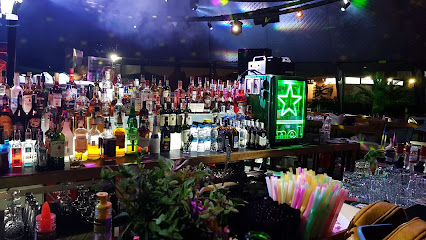
Gossip Bar Formula
Discover the vibrant atmosphere and exquisite offerings of Gossip Bar Formula in Varna, a perfect blend of relaxation and culinary delight.
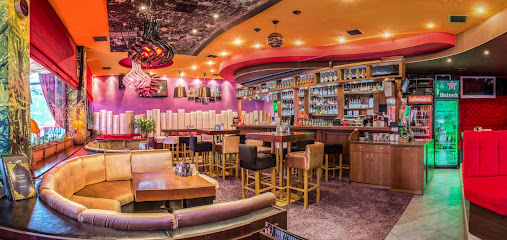
The Key Beer Bar
Experience the vibrant craft beer scene at The Key Beer Bar in Varna, where unique flavors and a lively atmosphere come together.
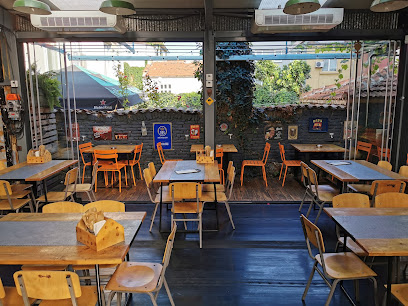
Three Lions Pub
Experience the vibrant atmosphere of Three Lions Pub, Varna's premier sports bar, where live sports, drinks, and socializing come together.
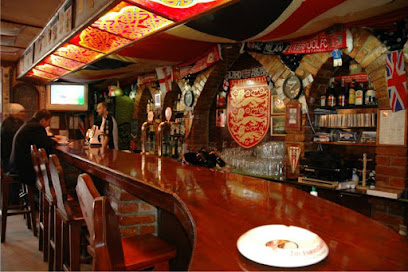
Local Phrases about Varna Region
-
- HelloЗдравей
[Zdravey] - GoodbyeДовиждане
[Dovizhdane] - YesДа
[Da] - NoНе
[Ne] - Please/You're welcomeМоля
[Molya] - Thank youБлагодаря
[Blagodarya] - Excuse me/SorryИзвинявай
[Izvinyavay] - How are you?Как си?
[Kak si?] - Fine. And you?Добре. А ти?
[Dobre. A ti?] - Do you speak English?Говориш ли английски?
[Govorish li angliyski?] - I don't understandНе разбирам
[Ne razbiram]
- HelloЗдравей
-
- I'd like to see the menu, pleaseБих искал/а да видя менюто, моля
[Bih iskal/a da vidya menyuto, molya] - I don't eat meatНе ям месо
[Ne yam meso] - Cheers!На здраве!
[Na zdrave!] - I would like to pay, pleaseБих искал/а да платя, моля
[Bih iskal/a da platya, molya]
- I'd like to see the menu, pleaseБих искал/а да видя менюто, моля
-
- Help!Помощ!
[Pomosht!] - Go away!Махай се!
[Mahay se!] - Call the Police!Обади полицията!
[Obadi politsiyata!] - Call a doctor!Обади лекар!
[Obadi lekar!] - I'm lostЗагубих се
[Zagubih se] - I'm illБолен съм
[Bolen sam]
- Help!Помощ!
-
- I'd like to buy...Бих искал/а да купя...
[Bih iskal/a da kupya...] - I'm just lookingПросто се разглеждам
[Prosto se razglezhdam] - How much is it?Колко струва?
[Kolko struva?] - That's too expensiveТова е твърде скъпо
[Tova e tvyrde skapо] - Can you lower the price?Можете ли да намалите цената?
[Mozhete li da namalite tsenata?]
- I'd like to buy...Бих искал/а да купя...
-
- What time is it?Колко е часът?
[Kolko e chasat?] - It's one o'clockЕдин час е
[Edin chas e] - Half past (10)В половина (10)
[V polovina (10)] - MorningСутрин
[Sutrin] - AfternoonСледобед
[Sledobed] - EveningВечер
[Vecher] - YesterdayВчера
[Vchera] - TodayДнес
[Dnes] - TomorrowУтре
[Utre] - 1Едно
[Edno] - 2Две
[Dve] - 3Три
[Tri] - 4Четири
[Chetiri] - 5Пет
[Pet] - 6Шест
[Shest] - 7Седем
[Sedem] - 8Осем
[Osem] - 9Девет
[Devet] - 10Десет
[Deset]
- What time is it?Колко е часът?
-
- Where's a/the...?Къде е...
[Kade e...] - What's the address?Какъв е адресът?
[Kakav e adresat?] - Can you show me (on the map)?Можеш ли да ми покажеш (на картата)?
[Mozhesh li da mi pokazhesh (na kartata)?] - When's the next (bus)?Кога е следващият (автобус)?
[Koga e sledvashtiyat (avtobus)?] - A ticket (to ....)Билет (до ....)
[Bilet (do ....)]
- Where's a/the...?Къде е...
History of Varna Region
-
The Varna Region is home to some of the earliest known Thracian settlements. The Thracians, an Indo-European people, inhabited this region as early as the 5th millennium BC. Archaeological evidence, including artifacts and burial mounds, reveals a rich culture characterized by advanced metallurgy, pottery, and religious practices.
-
Discovered in 1972, the Varna Necropolis is one of the most significant archaeological sites in the world. Dating back to 4,500 BC, this ancient cemetery revealed the world's oldest known gold artifacts. The graves unearthed here provide invaluable insights into the Chalcolithic culture, showcasing sophisticated craftsmanship and complex social structures.
-
In the 6th century BC, Greek colonists from Miletus established the city of Odessos, present-day Varna. This period marked the beginning of intensified trade and cultural exchange between the local Thracian tribes and the Greek world. Odessos became a thriving port city, known for its bustling markets and temples dedicated to Greek deities.
-
Under Roman rule, Odessos flourished as a major urban center. The Romans built impressive structures, including baths, aqueducts, and fortifications. The thermal baths, in particular, are among the largest preserved Roman baths in the Balkans. During this era, Odessos became an important hub for trade and military activities in the region.
-
With the spread of Christianity in the 4th century AD, Odessos evolved into a significant ecclesiastical center. Numerous basilicas and churches were constructed, reflecting the growing influence of the Christian faith. The remains of the Bishop's Basilica, with its intricate mosaics, offer a glimpse into the early Christian architecture and religious life.
-
During the First and Second Bulgarian Empires (7th to 14th centuries), the Varna Region played a crucial role as a strategic and economic stronghold. The city of Varna served as a key maritime and trade center. In 1444, the Battle of Varna occurred, where the forces of the Ottoman Empire clashed with a crusader army led by Polish-Hungarian King Władysław III, marking an important event in medieval European history.
-
Following the Battle of Varna, the region fell under Ottoman control, lasting nearly five centuries. During this period, Varna retained its significance as a port city and saw the construction of numerous mosques, baths, and other Ottoman architectural wonders. The cultural blend of Ottoman and Bulgarian influences during this era is evident in the region's traditions and architecture.
-
In the late 19th century, Varna played a vital role in the Bulgarian National Revival and the subsequent liberation from Ottoman rule in 1878. The city continued to grow as an economic and cultural hub in the newly independent Bulgaria. During the 20th century, Varna transformed into a significant industrial center and a popular tourist destination, known for its seaside resorts and vibrant cultural scene.
Varna Region Essentials
-
Varna Region is accessible via Varna Airport, which has regular flights from major European cities. The airport is located about 10 km from Varna city center. Alternatively, you can reach Varna by train from Sofia, the capital city of Bulgaria, or by bus from various other cities in Bulgaria and neighboring countries. For those who prefer to drive, there are well-maintained highways connecting Varna to other parts of Bulgaria.
-
Public transportation in Varna Region includes buses, trolleybuses, and mini-buses. Taxis are also widely available and relatively inexpensive. For greater flexibility, consider renting a car. Within Varna city, many attractions are within walking distance. There are also bike rental options for eco-friendly travel. For intercity travel, buses and trains offer regular services to nearby towns and major cities in Bulgaria.
-
The official currency in Bulgaria is the Bulgarian Lev (BGN). Credit and debit cards are widely accepted in hotels, restaurants, and larger shops, but it is advisable to carry some cash, especially when visiting smaller establishments or rural areas. ATMs are readily available throughout Varna Region. Currency exchange services are also available at banks and exchange bureaus.
-
Varna Region is generally safe for tourists. However, as with any travel destination, it is important to take standard precautions. Avoid walking alone late at night in poorly lit areas and be cautious with your belongings in crowded places such as markets and public transport. Some neighborhoods in Varna city, such as Vladislav Varnenchik, may have higher crime rates, so exercise extra caution when visiting these areas.
-
In case of emergency, dial 112 for immediate assistance. Varna has several hospitals and medical facilities that provide quality care. It is advisable to have travel insurance that covers medical emergencies. For minor health issues, pharmacies are widely available throughout the region. The local police stations are also available to assist tourists in need.
-
Fashion: Do dress modestly when visiting religious sites. Avoid overly revealing clothing. Religion: Do respect local customs and traditions. Remove hats and cover shoulders when entering churches. Public Transport: Do be punctual and have your ticket ready. Don't eat or drink on public transport. Greetings: Do greet people with a handshake. A slight bow of the head is also a sign of respect. Eating & Drinking: Do try local foods and accept food offerings graciously. Don't refuse hospitality, as it is considered impolite.
-
To experience Varna Region like a local, visit the local markets where you can buy fresh produce and traditional Bulgarian goods. Engage with locals, as they are often friendly and willing to share stories about the region's history and culture. Don't miss visiting landmarks such as the Aladzha Monastery, the Sea Garden, and the ancient Roman Baths. For a unique experience, take a boat trip along the Black Sea coast or explore the nearby nature reserves.
Trending Landmarks in Varna Region
-
Sea Garden
-
Dormition of the Mother of God Cathedral
-
Retro Museum
-
Aladzha Monastery
-
Asparuhov park
-
Archaeological Museum Varna
-
Roman Thermae Varna
-
Monument of the Bulgarian-Soviet Friendship
-
Wonderful rocks
-
University Botanical Garden Ecopark Varna
-
Cape Galata
-
Butterfly House Varna
-
Clock Tower of Varna
-
Varna Seaport Lighthouse
-
Park Museum „Vladislav Varnenchik“
Nearby Cities to Varna Region
-
Things To Do in Shumen
-
Things To Do in Burgas
-
Things To Do in Constanta
-
Things To Do in Ruse
-
Things To Do in Bucharest
-
Things To Do in Stara Zagora
-
Things To Do in Gabrovo
-
Things To Do in Haskovo
-
Things To Do in Istanbul
-
Things To Do in Pleven
-
Things To Do in Focsani
-
Things To Do in Pitesti
-
Things To Do in Alexandroupoli
-
Things To Do in Brasov
-
Things To Do in Bursa













